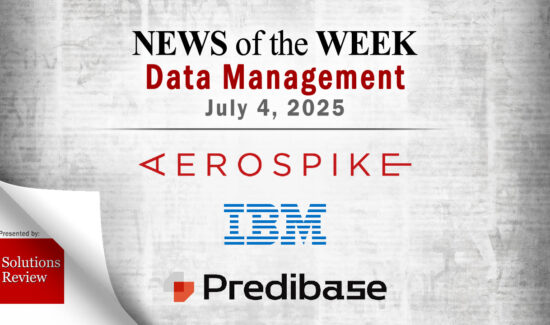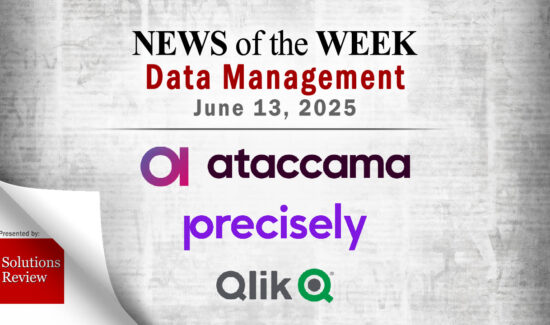Alation 2020.3 Touts Revamped Interface, New Analytics Features


Source: Alation
Alation has announced the release Alation 2020.3, the latest version of its flagship data cataloging and governance platform. The update is highlighted by an updated naming convention and a new quarterly release schedule that will see Alation continually add enhanced features for its customers. Alation 2020.3 also touts a new, consumer-grade user interface with faceted search so users can pinpoint information more quickly. There’s a brandable homepage that enables organizations to deploy data cataloging that matches their own branding as well.
Alation offers a platform for a broad range of data intelligence solutions including data search and discovery, data governance, data stewardship, analytics, and digital transformation. The product features a Behavioral Analysis Engine, inbuilt collaboration capabilities, and open interfaces. Alation also profiles data and monitors usage to ensure that users have accurate insight into data accuracy. The platform provides insight into how users are creating and sharing information from raw data as well.
Alation’s latest features enhanced analytics that enables users to track data catalog adoption and measure data culture, as well as pre-packaged reports that provide insight into usage patterns and engagement. The platform’s new, containerized architecture offers flexible and scalable deployment options for a variety of data intelligence use cases as well. The new version is rounded out by improved lineage capabilities via more powerful APIs that allow for faster integrations. New certified connectors include Looker and Power BI.
In a media statement about the release, Alation co-founder and CEO Satyen Sangana said: “The new user experience in Alation 2020 coupled with the insights provided by Alation Analytics makes enterprise data accessible and approachable to a significantly greater number of users, especially business users. We are excited about Alation’s transition to a cloud-native architecture while still providing the flexibility for our customers to deploy in the cloud or on-premises.”
Read the blog Alation 2020.3: Getting Business Users in the Game to learn more.




















